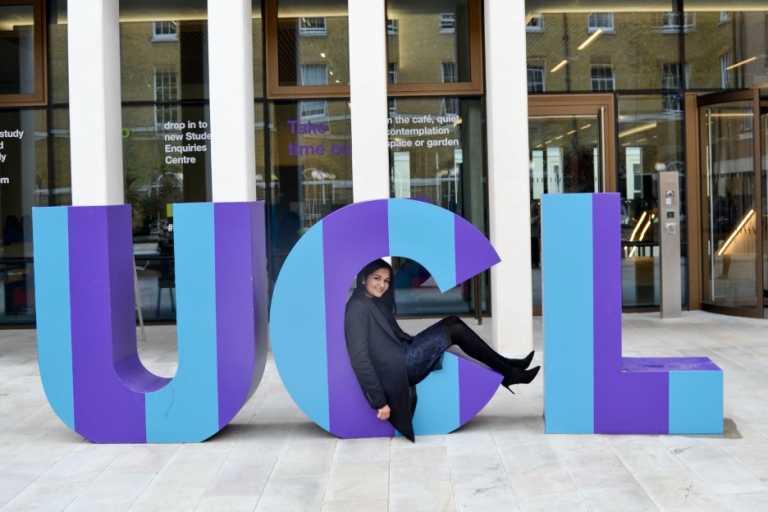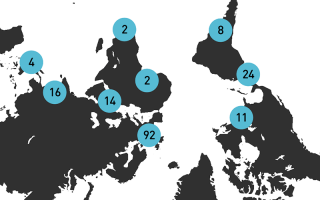
I grew up on the North Coast of South Africa and since I can remember I have always been fascinated by cities. My parents and sisters always encouraged me to pursue the things that make me happy – and being a closet nerd, I decided to tackle a career in civil engineering. Through my professional work experience, I came to the realization that cities are crucial to national development. This is especially true in the South African context, where we have one of the highest inequality rates in the world. I believe that inclusivity depends on the development of a well-connected city. The more I started to work on city building projects, the more I began to see the need to develop a sensitivity to the details of urban development. After speaking to some of my colleagues in London I stumbled across the UED programme at UCL. I remember feeling in awe of how the programme description was like the to do list I needed to tick off to be better informed.
Adapting to life in London was exciting and the support of my friends as well as the department made it fun and easy. One of my favourite modules was Managing the City Economy, where Professor Le-Yin Zhang shared how to go about strengthening the performance of the city economy while delivering authentic and sustainable development. As part of my MSc coursework our cohort helped solve two diverse ‘live’ client challenges: the first was looking at the effects of urban development for HS2 in London and the second was helping solve the urban mobility conundrum of the Amazonian City of Tarapoto, Peru. Combining experience from a developed and developing world context helped shaped my understanding and appreciation for the complexity that exists in implementing sustainable urban solutions.
When it was time to put together the dissertation, I used my coursework experience, as well as my home grown understanding to detail how we could go about connecting South Africans to economic opportunities in the 4IR. I started with looking at the management of African cities in the information age and shaped my research question to point to a very specific challenge: how ICT can help address the causes of premature deindustrialisation in South Africa. In one sentence, I showed how ICT can help underpin connectivity to global value chains and strengthen South Africa’s local manufacturing production systems by enhancing manufacturing efficacy. Even though the dissertation period was intense, my supervisor Professor Le-Yin Zhang was a great mentor and I will always be grateful for her inspiration and guidance.
I currently work thinking how to build better cities within the context of rapid urbanisation, technology disruption and economic transformation. One of the current projects I am working on looks at how to guide future African city thinking and prepare for this vision through on-the-ground implementation of lead infrastructure initiatives. My year at UCL will always be one of my most valued. Thinking back, meeting world renowned researchers, new friends and collaborating across disciplines, countries and cultures is once in a lifetime. The MSc UED equipped me with the necessary experience to help balance the design and development of a sustainable future – even though the goal seems idealistic, I think it is worth striving for. Especially when you know you are not in this ‘game’ alone – thanks UED!
Linkedin - https://www.linkedin.com/in/kavita-shah248/
 Close
Close


